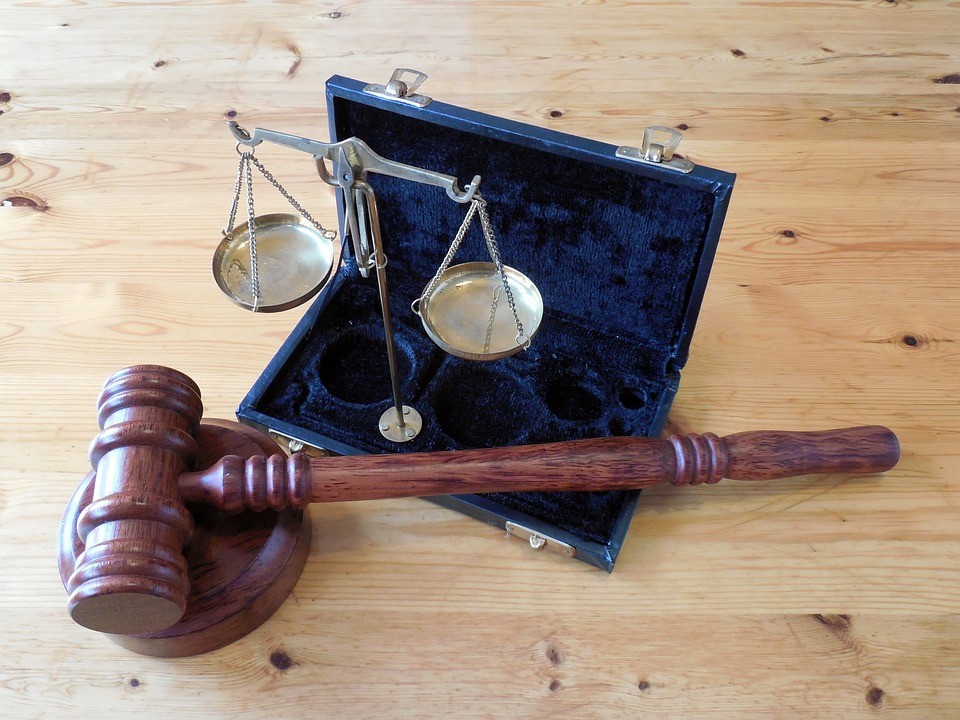One of the first steps any criminal defense lawyer would take in defense of any client, is an examination of the indictment for legal sufficiency. Under Section 200.50 of the New York State Criminal Procedure Law, “an indictment must contain…(a) statement in each count that the grand jury…accuses the defendant…of a designated offense,” as well as “(a) plain and concise factual statement in each count which… asserts facts supporting every element of the offense charged and the defendant`s…commission thereof with sufficient precision to clearly apprise the defendant…of the conduct which is the subject of the accusation.”
According to the first count of the indictment, “(t)he defendant, in the County of New York and elsewhere…with intent to defraud and intent to commit another crime and aid and conceal the commission thereof, made and caused a false entry in the business records of an enterprise, to wit, an invoice from Michael Cohen dated February 14, 2017, marked as a record of the Donald J. Trump Revocable Trust, and kept and maintained by the Trump Organization.” Each of the rest of the charges all involve different documents on different dates, but each contains the exact same phrase; “with intent to defraud and intent to commit another crime and aid and conceal the commission thereof.”
This language would appear to track the language of NY Penal Law Section 175.10, which states that “a person is guilty of falsifying business records in the first degree…when his intent to defraud includes an intent to commit another crime or to aid or conceal the commission thereof.”
Thus, under Count One of the Indictment, Donald Trump is accused of causing a false entry to be made in one of the business records of his Revocable Trust for the purpose of committing another crime.
“Another crime.” What other crime? The indictment does not say – and herein lies a very elemental problem for the Manhattan District Attorney.
As we noted above, New York law requires an indictment to “assert facts supporting every element of the offense charged,” the “defendant’s commission thereof,” and to assert those facts “with sufficient precision to clearly apprise the defendant of the conduct which is the subject of the accusation.”
These are basic requirements under New York State’s criminal law. In the 2018 case of People v. Ramcharran, the Queens County Criminal Court wrote that “(t)o be facially sufficient, an accusatory instrument must specify the offense(s) charged and contain factual allegations of an evidentiary nature that tend to support them…(s)uch factual allegations…must consist of non-hearsay allegations that provide reasonable cause to believe that the defendant committed the offense(s) charged, which if true, establish each and every element of those charges… mere conclusory allegations are insufficient…(i)t must…at a minimum, provide an accused with adequately detailed factual allegations of an evidentiary nature sufficient for a defendant to prepare a defense, and prevent him from being tried twice for the same offense.” (Citations omitted.)
Simply put, how is former President Trump to prepare a defense, if he is not informed of the “other crime” he intended to commit or conceal when he allegedly falsified his business records?
Certainly, the law does allow the District Attorney to supplement the Indictment with an additional statement of facts, such as a Bill of Particulars. But unless the prosecution amends the indictment itself, the document which accuses Trump of a crime is clearly and substantially insufficient on its face.
The Ramcharran case involved the District Attorney’s failure to include the right location where the crime was allegedly committed in the indictment (which is another potential defect in the Trump indictment – note that the location of the crime is stated to be “the County of New York and elsewhere”). (Emphasis added) Here, notice of the actual crime which was allegedly violated by former President Trump is missing, a far more serious omission.
Trump’s defense counsel will undoubtedly file a motion asking the judge to inspect the minutes of the District Attorney’s presentation of the case to the Grand Jury, “for the purpose of determining whether the evidence before the grand jury was legally sufficient to support the charges” under CPL Sec. 210.30.
If the Grand Jury was not informed of the “other crime” which Trump intended to commit or conceal when he allegedly falsified his business records (or where “elsewhere” is located), then the presentation to the Grand Jury was hopelessly, fundamentally flawed, and the indictment must be dismissed.
Will this indictment be dismissed, on this, or any other basis? Frankly, don’t hold your breath waiting. The judge assigned the case, Juan Merchan, has already handled two other matters brought against the Trump Organization, both of which resulted in criminal convictions. This, in and of itself, does not make Merchan unfair or biased. However, according to the New York Post, Merchan “donated $35 to Democratic causes in 2020, including $15 to President Biden’s campaign and $10 to a group dedicated to ‘resisting … Donald Trump’s radical right-wing legacy.’”
Does this record of political donations sound like someone who would dismiss Alvin Bragg’s indictment against Donald Trump?
Judge Wilson served on the bench in NYC
Illustration: Pixabay
